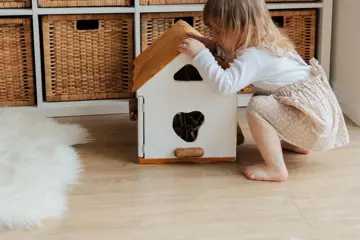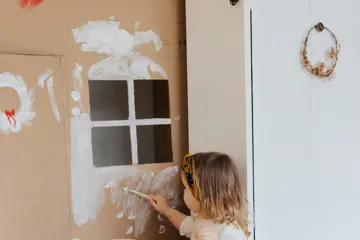If you are a home owner, check that you have buildings and contents insurance. If you rent your home, check that you have home contents insurance and make sure you have told the landlord in writing that you are fostering (the landlord is responsible for ensuring they have buildings insurance). If you do not declare you are a foster carer, your policy may become invalid.
If the cover is new, check for any exclusions or deductions for wear and tear.






